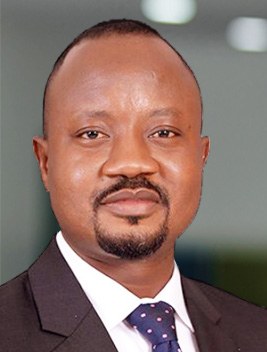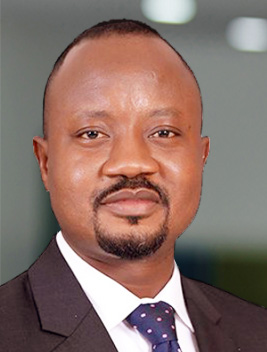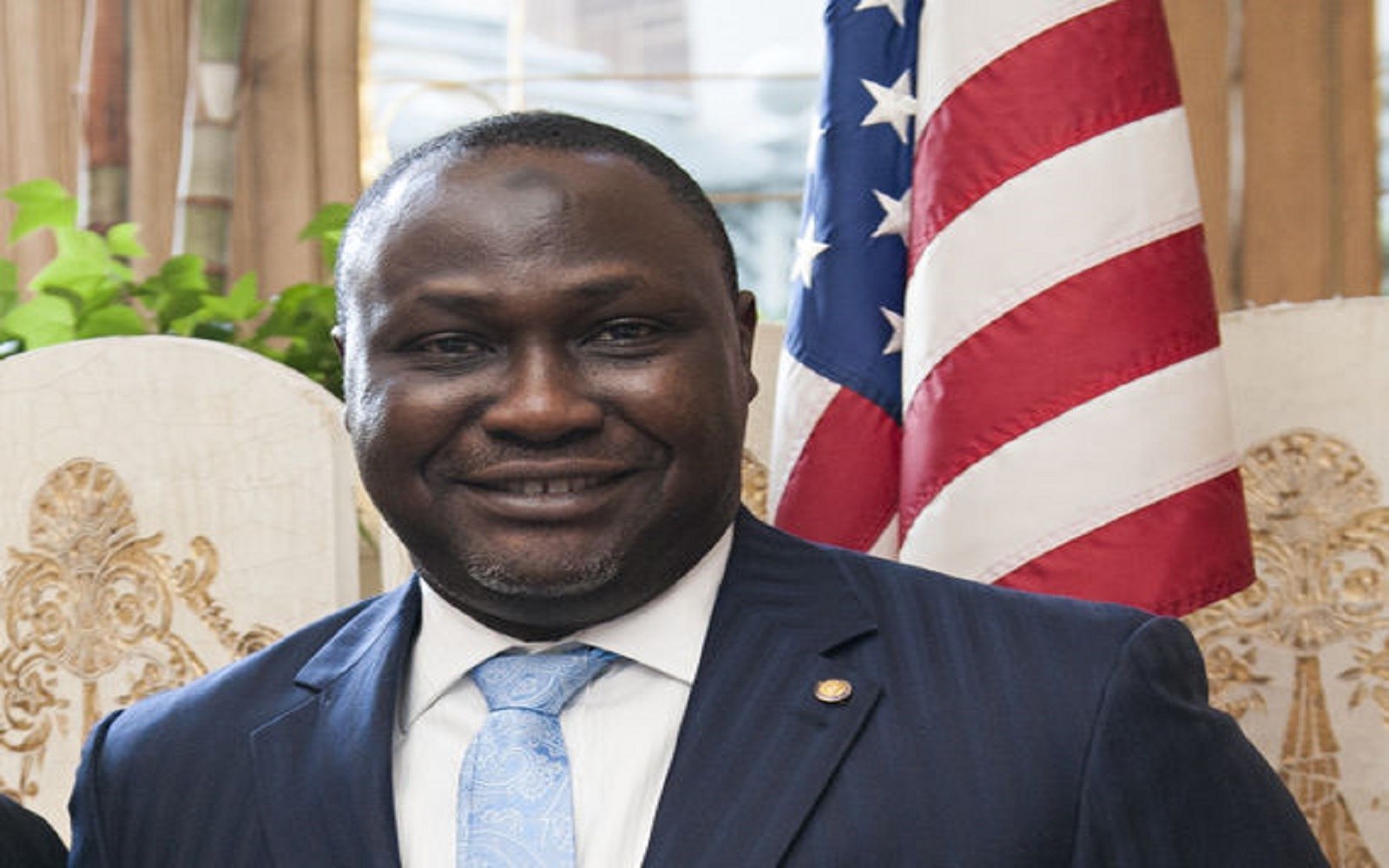Africa Finance Corporation (AFC) Gets $625 million Syndicated Loan With New Lenders From Middle East and Asia
As part of efforts aimed at further diversifying its debt profile, the Africa Finance Corporation, the leading infrastructure solutions provider on the continent, announces that it has secured a US$625 million syndicated loan with new lenders from the Middle East and Asia. Gulf Bank, National Bank of Ras Al-Khaimah, China CITIC Bank Corporation, Qatar National Bank, Doha Bank and Industrial Bank of Korea Limited joined the syndicate as first-time lenders to AFC, strengthening the Corporation’s coalition of investors and global capital market access.
This latest funding is a testament to the Corporation’s resilience and exceptional creditworthiness in a challenging macroeconomic environment of rising interest rates, tighter financial conditions, capital outflows, and a stronger US dollar. The transaction was upsized from an initially planned US$500 million following an oversubscription of 61%, reflective of the strong demand from investors.

“Our ability to tap global financial markets despite challenging macroeconomic conditions continues unabated, demonstrating investor confidence in AFC’s strong credit risk profile and broadening global appeal,” said Banji Fehintola, Senior Director and Treasurer of AFC. “The funds raised will support AFC in furthering its mission of fostering economic growth and rapid industrialisation across Africa, whilst ensuring optimal value addition for the continent’s vast resources.”
Read also : Africa Day 2023: Issues Worth Pondering
First Abu Dhabi Bank PJSC, FirstRand Bank Limited (London Branch), ICBC (London) Plc., Mashreqbank PSC (acted as agent), MUFG Bank, Ltd., Standard Chartered Bank, and SMBC Bank International Plc. acted as Mandated Lead Arrangers and Bookrunners on this three-year syndicated loan.
AFC’s footprint spans 40 member countries across Africa and a pipeline of projects that blend positive social and environmental impact with superior risk-adjusted returns. The Corporation recorded an outstanding performance in its latest financial year, with total assets growing 23% to US$10.5 billion and the Corporation realising its five-year growth target a year early. AFC also made over US$1.5 billion in net borrowings in FY2022, expanding bilateral relationships in the international loan market to diversify its funding sources.
Kelechi Deca

Kelechi Deca has over two decades of media experience, he has traveled to over 77 countries reporting on multilateral development institutions, international business, trade, travels, culture, and diplomacy. He is also a petrol head with in-depth knowledge of automobiles and the auto industry








